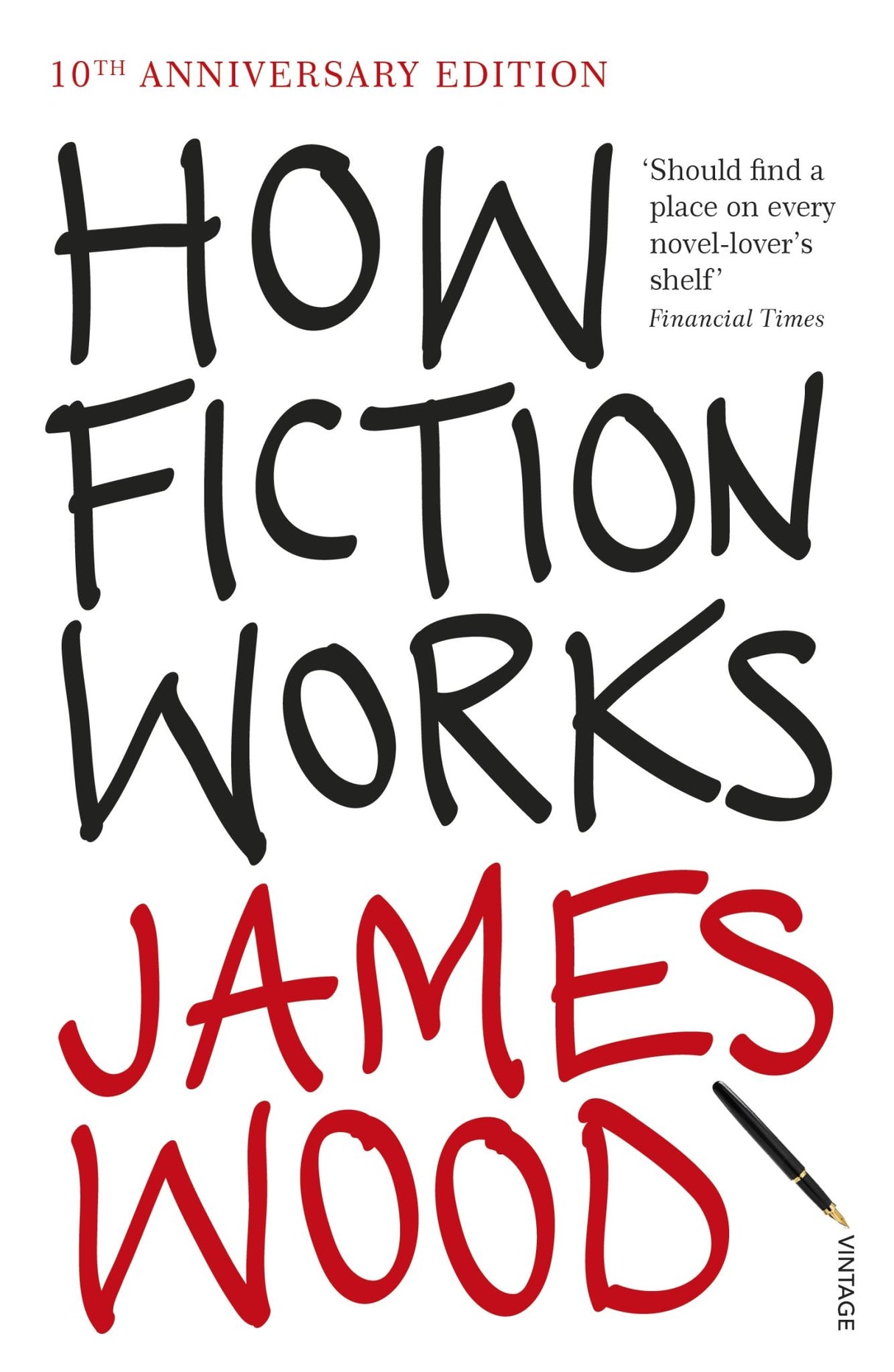SKU:
PR573163
How Fiction Works
$41.95
Unit price
/
Unavailable
Discover the essential guide to understanding the art of storytelling with 'How Fiction Works'. This enlightening book delves into the intricate anatomy of fiction, exploring crucial elements such as narrative structure, characterization, dialogue, and realism. Perfect for aspiring writers, literary critics, and avid readers, this revised 10th anniversary edition takes a fresh look at what makes a story compelling. Within its 240 pages, acclaimed critic James Wood answers pivotal questions about fiction: What does it mean to 'know' a character? How can a metaphor resonate with readers? Why do many novel endings leave us wanting more? By analyzing a broad range of literature—from classic works by Homer and Shakespeare to modern narratives by Beatrix Potter and John Le Carré—Wood provides a comprehensive perspective on storytelling techniques. This book not only serves as a critical analysis but also as an engaging exploration of the novel's evolution through history. Whether you're interested in the craft of writing or the subtleties of reading, 'How Fiction Works' promises to be an invaluable resource. Enhance your literary knowledge and enrich your reading experience with this indispensable guide that should find a place on every novel-lover's bookshelf.
Condition: BRAND NEW
ISBN: 9781845950934
Format: B-format paperback
Year: 2009
Publisher: RANDOM HOUSE UK
Pages: 240
Description:
Rediscover this deep, practical anatomy of the novel from 'the strongest ... literary critic we have' (New York Review of Books) in this new revised 10th anniversary edition.
What do we mean when we say we 'know' a fictional character?
What constitutes a 'telling' detail?
When is a metaphor successful?
Is realism realistic?
Why do most endings of novels disappoint?
In the tradition of E. M. Forster's Aspects of the Novel and Milan Kundera's The Art of the Novel, How Fiction Works is a study of the main elements of fiction, such as narrative, detail, characterization, dialogue, realism, and style. In his first full-length book of criticism, one of the most prominent critics of our time takes the machinery of story-telling apart to ask a series of fundamental questions.
Wood ranges widely, from Homer to Beatrix Potter, from the Bible to John Le Carre, and his book is both a study of the techniques of fiction-making and an alternative history of the novel. Playful and profound, it incisively sums up two decades of bold, often controversial, and now classic critical work, and will be enlightening to writers, readers, and anyone interested in what happens on the page.
'Should find a place on every novel-lover's shelf. It has the quality all useful works of criticism should have- refined taste, keen observation, and the ability to make the reader argue, passionately, with it' Financial Times
Condition: BRAND NEW
ISBN: 9781845950934
Format: B-format paperback
Year: 2009
Publisher: RANDOM HOUSE UK
Pages: 240
Description:
Rediscover this deep, practical anatomy of the novel from 'the strongest ... literary critic we have' (New York Review of Books) in this new revised 10th anniversary edition.
What do we mean when we say we 'know' a fictional character?
What constitutes a 'telling' detail?
When is a metaphor successful?
Is realism realistic?
Why do most endings of novels disappoint?
In the tradition of E. M. Forster's Aspects of the Novel and Milan Kundera's The Art of the Novel, How Fiction Works is a study of the main elements of fiction, such as narrative, detail, characterization, dialogue, realism, and style. In his first full-length book of criticism, one of the most prominent critics of our time takes the machinery of story-telling apart to ask a series of fundamental questions.
Wood ranges widely, from Homer to Beatrix Potter, from the Bible to John Le Carre, and his book is both a study of the techniques of fiction-making and an alternative history of the novel. Playful and profound, it incisively sums up two decades of bold, often controversial, and now classic critical work, and will be enlightening to writers, readers, and anyone interested in what happens on the page.
'Should find a place on every novel-lover's shelf. It has the quality all useful works of criticism should have- refined taste, keen observation, and the ability to make the reader argue, passionately, with it' Financial Times
Delivery Information
Delivery Information
All of our products are stocked in New Zealand, and shipped from our Auckland warehouse, this means no unexpected import fees or taxes.
Payment & Security
Payment methods
Your payment information is processed securely. We do not store credit card details nor have access to your credit card information.


